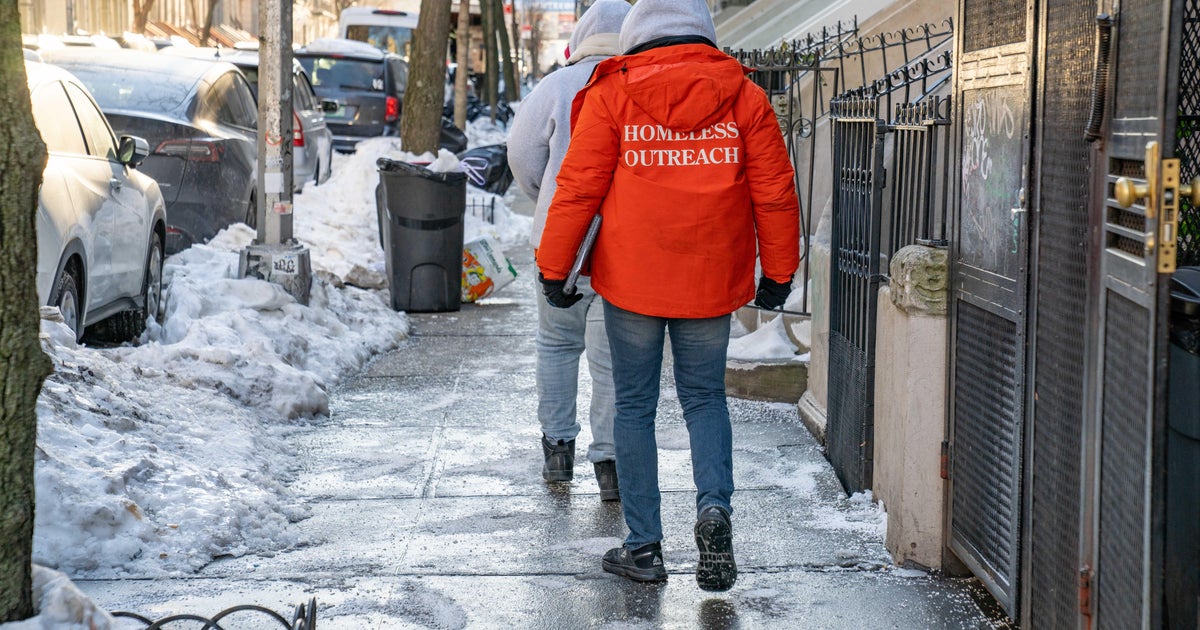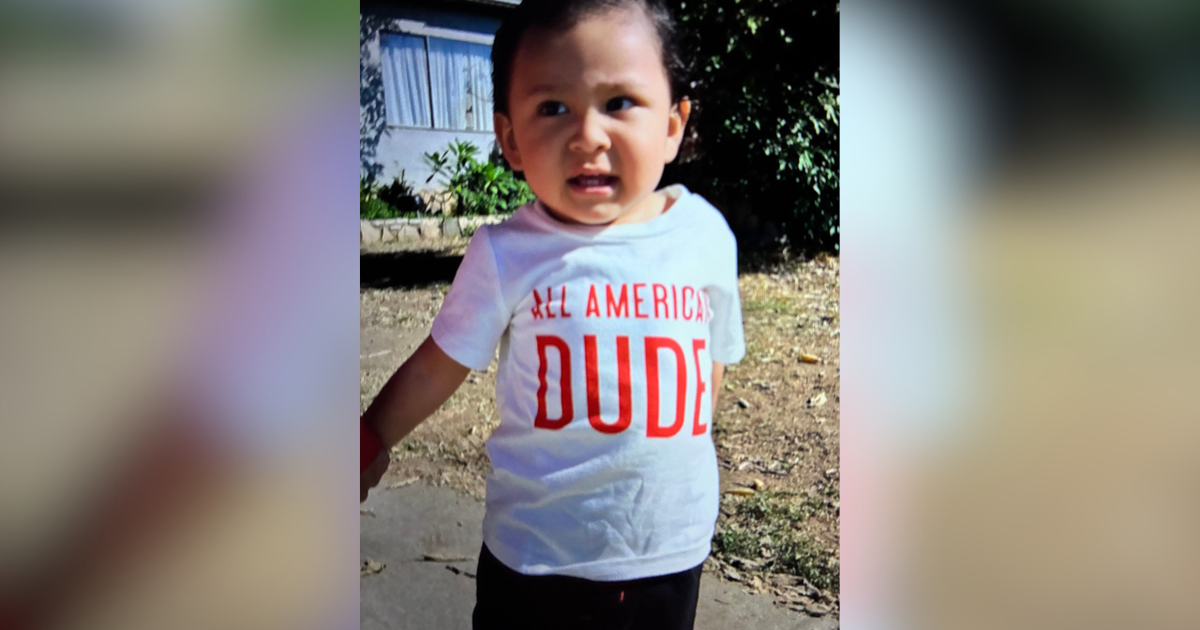New Study Finds Women Are More Likely To Get The COVID-19 Vaccine Than Men
PITTSBURGH (KDKA) -- A new study shows there is a growing gender gap in the race to get vaccinated, and it is men who are not rolling up their sleeves.
In the US, women are getting vaccinated at a 10% higher rate than men, even though the adult population is split about 50 / 50.
That is concerning health experts because worldwide, men are about 2.5 times more likely to die of COVID-19.
Public health organizers in cities like Los Angeles--where just 30% of men have gotten their shot compared to 44% of women--say they're planning outreach targeted to men.
Even though women are getting vaccinated at a higher rate than men, many women still have a lot of questions about what specific side effects the vaccine might have for them.
And there's a lot of misinformation out there about whether the vaccine affects pregnancy or fertility.
Dr. Grace Ferguson, an OB-GYN with Allegheny Health Network, has some answers.
"It feels like a lot of people are just kind of waiting. I know that the women who are super enthusiastic and who really expressed themselves and I hear about it, but when I think of all of my patients as a whole I do think there's some hesitancy there," Dr. Ferguson said.
"I also tell people that I am breastfeeding and I got the vaccine because I think it's amazing that we can pass immunity and this benefit to my baby and that my pregnant OB-GYN colleagues have also all unanimously gotten the vaccine."
Dr. Ferguson said she wants to relate to her patients and reminds them she is also breastfeeding and she got the vaccine.
Since vaccination, some women reported changes to their cycles. And after the pause of the Johnson & Johnson vaccine, which officials have since removed, many women started looking into the numbers surrounding blood clots.
And what about birth control? Here is what Dr. Ferguson said to those two topics:
"Just a young woman of birth control age is around 1-5 in 10,000, and if you add birth control to that it becomes like 3-9 in 10,000. So yeah it is increasing, and it is almost like three to four times as much, but that number is still really low. And then the risk of blood clots if you are pregnant is 65 in 10,000, and so we have to take the big picture. So yes, your risk of blood clotting on birth control pills is higher than it would be if you didn't take birth control pills and you're a healthy young woman, but your risk of blood clots in pregnancy is incredibly more."
She added, "but I wouldn't be surprised, and I think it could be really normal that your menstrual cycle could change a little bit if you have the vaccine."
Dr. Ferguson said the reason is because the menstrual cycle is inflammatory, and your body is busy working to build that immunity after you receive the vaccine shot. She believes it is nothing of concern for most people.







